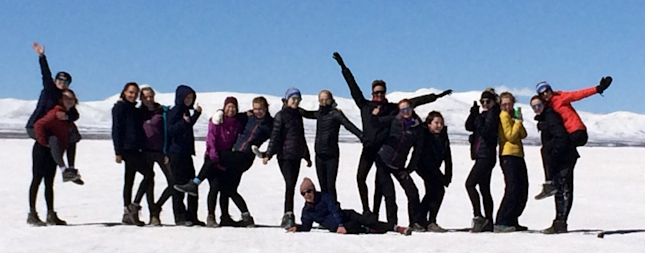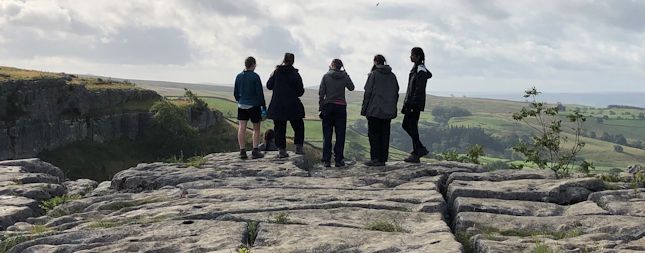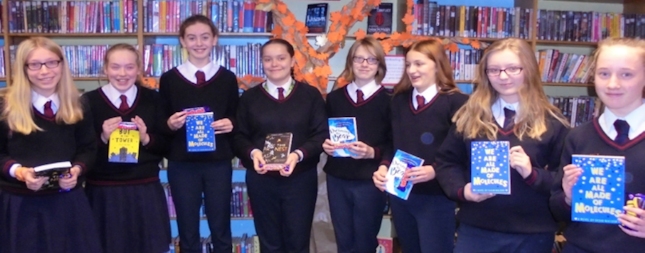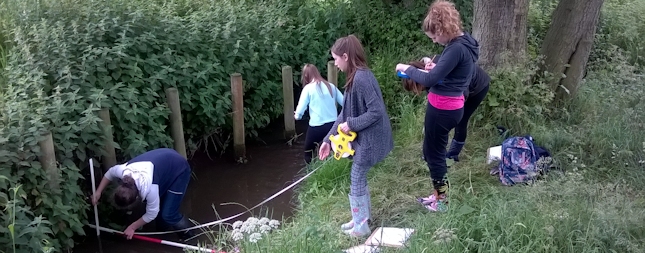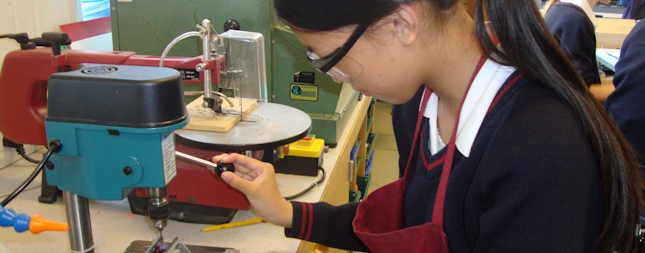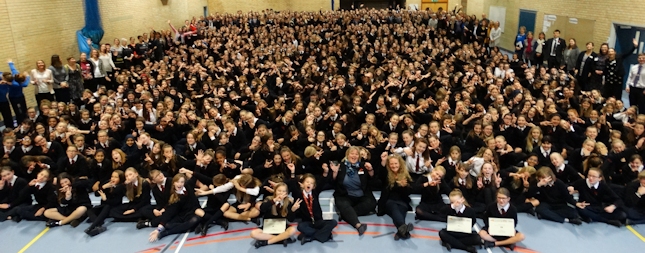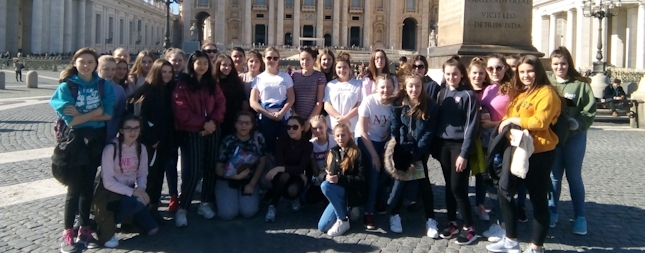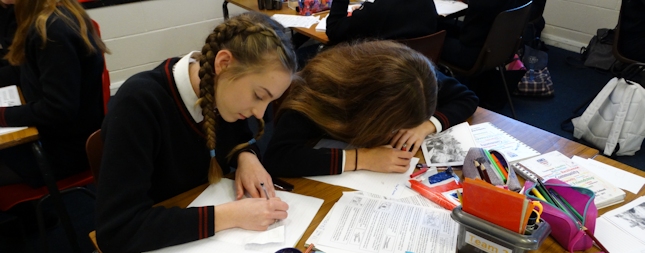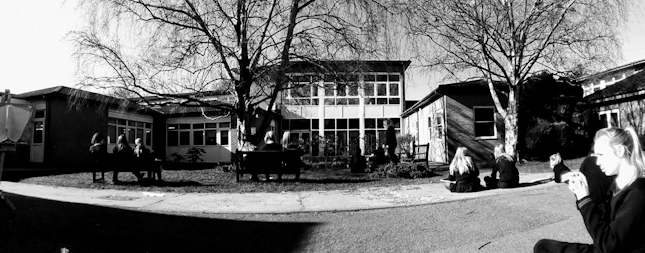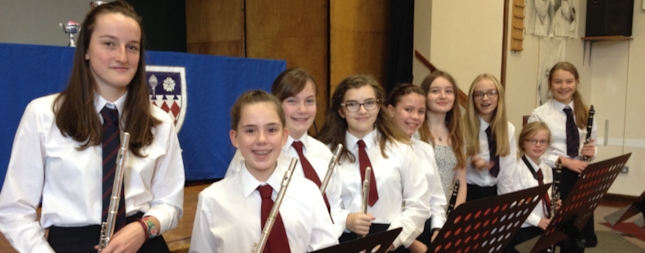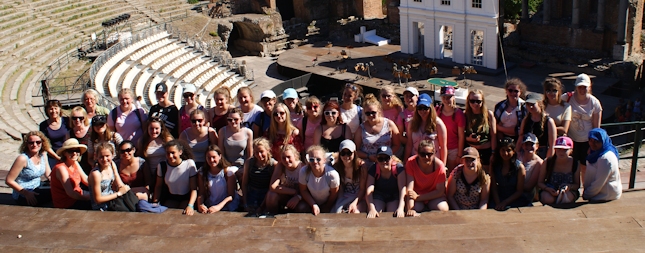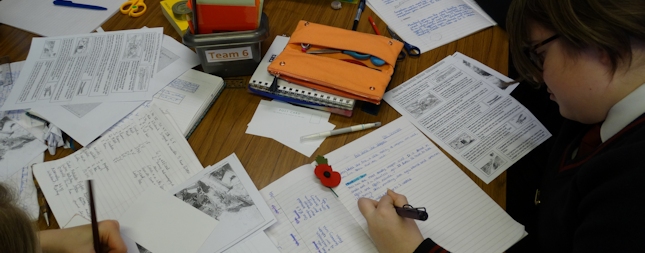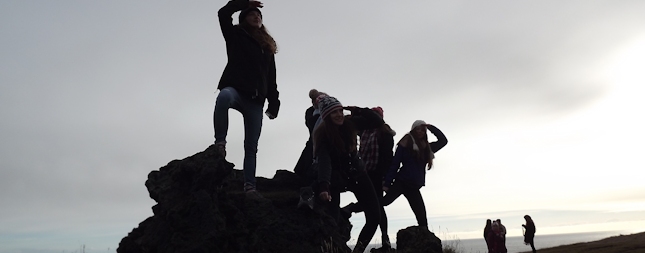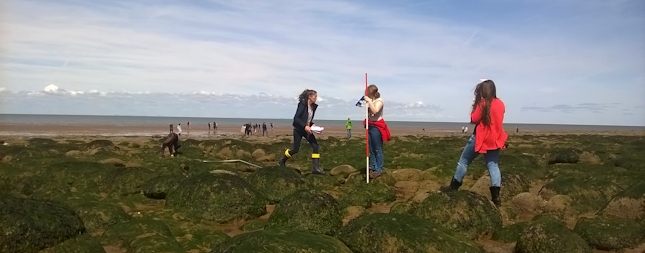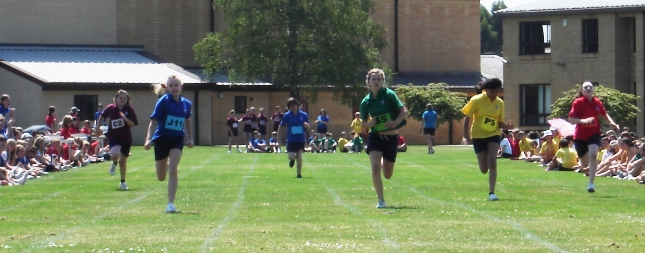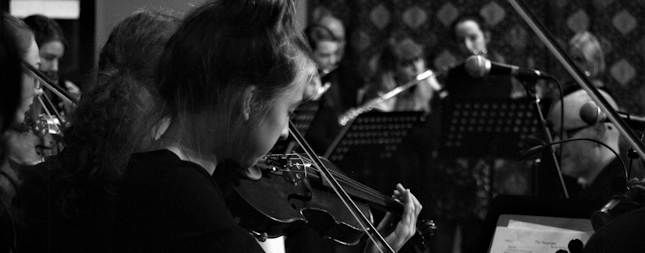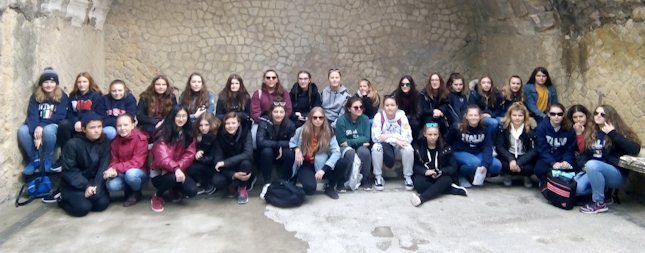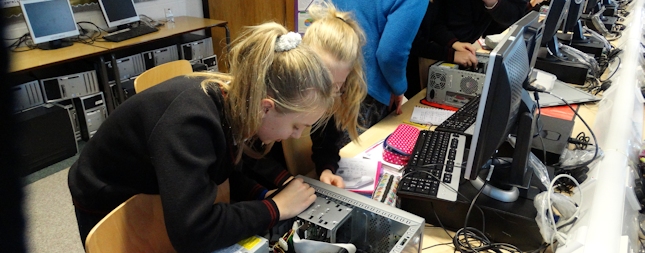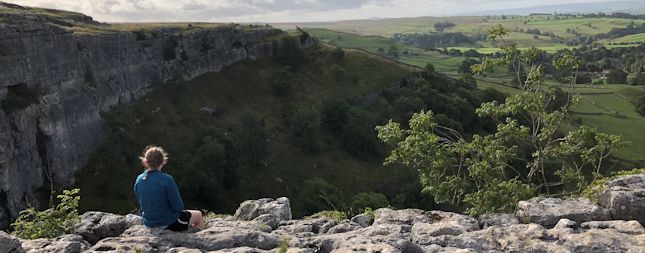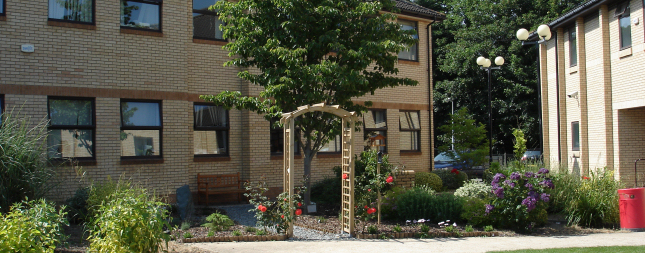The new OCR GCSE Music qualification provides a contemporary, accessible and creative education in Music with an integrated approach to the three main elements - Performing, Composing and Appraising.
Learners are encouraged to be creative and to broaden their musical horizons and understanding with Areas of Study that inspire and challenge.
|
Component Title |
Component Overview |
|
Integrated Portfolio |
1 Performance on the learner's chosen instrument. |
| Practical Component |
1 Ensemble performance and composition to a board set brief. A selection of briefs will be released in the September of the year of certification linked to the Areas of Study. |
| Listening Exam |
1 Listening, appraisal and notation skills assessed in an examination at the end of the course. This is externally assessed. |
|
|
||
|
Area of Study 1 |
My Music |
Learners should study their instrument, which can be any of the following: 1 any instrument |
|
Area of Study 2 |
The Concerto Through Time |
Learners should study The Concerto and its development from 1650 to 1910 through: 1 the Baroque Solo Concerto |
|
Area of Study 3 |
Rhythms of the World |
Learners should study the tradional rhythmic roots from four geographical regions of the world: 1 Indian and Punjab |
|
Area of Study 4 |
Film Music |
Learners should study a range of music used for films including: 1 music that has been composed specifically for a film |
|
Area of Study 5 |
Conventions of POP |
Learners should study a range of popular music from the 1950s to the present day, focussing on: 1 Rock 'n' Roll of the 1950s and 1960s |
